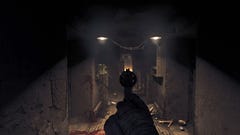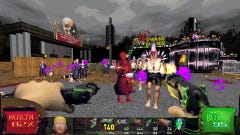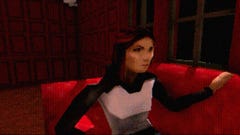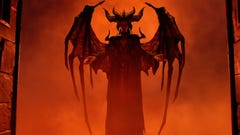Röki review
Hidden folks
How refreshing it is to have a Scandinavian-inspired story that isn't about detectives in woolly jumpers unearthing all manner of grisly nasties from the crisp white snow. Röki's young heroine Tove does do her fair share of digging in Polygon Treehouse's gorgeous point and click adventure, but instead of dead bodies she's collecting celestial stone discs, strange sophorus flowers, and jars of sticky black goo so a giant cat can stop their legendarily dark fur from going grey and ruining his carefully cultivated myth status.
It wouldn't do to disappoint the locals after so much time spent hibernating underground, of course. Giving a cat the equivalent of a post-lockdown haircut is more than a fair trade for not being eaten, I reckon - especially when it means you can snatch the giant, succulent ham roasting on the fire while your feline friend gazes at their newly dyed locks in the mirror. If only all hairdressers were so generous.
It's just one of the many charming encounters you'll have with the fiends and folklore of Röki's fairytale Scandi-verse, all of whom have their own problems that need solving before Tove can save her lost brother Lars from the game's titular furry menace. Like adventure games of yore, Röki splits its endearing coming of age tale into three separate chapters, each of which have their own sprawling setting that you can explore at your own pace. You'll find all manner of items scattered all across its achingly beautiful storybook landscape, and the meat of the game will be spent ferrying them across the map as you try and find a way forward.
Fortunately, Röki's puzzle-packed locations all click together with the ease and elegance of an Ikea furniture set. Indeed, some of the items Tove squirrels away in her backpack will require at least a little bit of assembly as you combine them in her inventory to create new objects to help you in your quest, but most of them are reasonably straightforward and never demand obscure leaps of logic to solve the matter at hand.
This is not a game about chucking everything at the wall and seeing what sticks. Instead, Röki takes a much more measured approach to traditional point and clicking, giving you just enough items to keep you grey cells ticking over without being overwhelming. I don't think I ever had more than ten objects in play at any given time, for example, but there were still moments where I had to stop and think a moment about where I needed to go next.
Röki also avoids the frustrating pitfalls of tedious pixel-hunting by borrowing another trait from old-school adventure games and letting you highlight the interactive objects in any given scene with a click of the analogue stick or tapping the F key. Plus, if you're still not sure how to proceed, then the second chapter (where you'll spend the bulk of this 8-10 hour game) has the Tree Of Many on hand to give you some sagely pointers. Hardened adventure fans might say that makes the game too easy, but one of Röki's best qualities is that it's pleasingly hands-off when it comes to hints. The tools are there if you need them, but it knows when to keep quiet so you can figure it out on your own.
Speaking of Röki's many trees, one of its more pleasing upgrades to the genre is a handy fast-travel system, letting you teleport around the map using their ancient rootways to help speed up its puzzle solving. I love gawping at Röki's stunning 3D environments as much as the next person, but being able to zip across its surprisingly large map was always greatly appreciated.
This system sadly doesn't carry over to the third and final chapter, which makes it feel slightly more of a slog as a result (in addition to extra things I won't spoil for the sake of the story). For the most part, though, Röki's bright and breezy approach to point and click puzzling does a tremendous job of shaking off the old dusty cobwebs of this ageing genre, making it feel light and fresh for the modern day.
In fact, Röki feels so in tune with modern sensibilities that you could almost say it's gone too far the other way when it comes to controls. Despite this type of game being very much rooted in the hallowed tradition of a mouse and keyboard, Röki plays best on a game pad. Its mouse and keyboard controls are serviceable, but it does a very odd thing with your mouse where it forces you to scroll through items in your inventory with slow, unintuitive sideways swipes instead of giving you a cursor. In the end, I ditched my mouse altogether and just used my keyboard to cycle through my inventory, as the WASD keys were a much better tool for dragging and dropping them into the environment.
Still, minor mouse quibbles aside, Röki is a beautifully executed adventure game that really punches above its weight for such a small development team. This is a game with huge heart, because as well as hiding dozens of clever puzzles inside its blindingly pretty artwork and endearing cast of creatures, its underlying story about grief, loss and family ties is just so exquisitely drawn that I feel like giving it a standing ovation.
To say literally anything about it would spoil its knuckle-biting impact, but I haven't played a game whose story and gameplay mechanics have been so brilliantly intertwined like this since What Remains Of Edith Finch. There is no extraneous fat here, and even initially simple tasks like cleaning up after Lars at the beginning of the game, or humdrum items like bags of fertiliser that Tove complains are stinking up their house, take on unexpected levels of significance further down the line.
There are so many parallels between Tove's family and Röki's fairyfolk to dig into here, and getting to peel back its layers using those tried and tested tropes of its genre a la Edith Finch instead of watching it all play out in a cutscene is one of Röki's greatest delights and achievements. I wish I could tell you about it, because it deserves to be celebrated and applauded, but I'll restrain myself and save that chat for another time. Let's just say that I've never felt so undone by a child's stacking ring toy in my entire life.
It is a game of surprising depth, and while Röki's point and click backbone may prevent it from delivering the constant, one-two gut punches we saw in the likes of Edith Finch, this is certainly one of the closest attempts at capturing its mechanics-led story structure I've seen since. I thought Röki was going to be a cute and throwaway little puzzle game with a light adventure wrapping, but Polygon Treehouse have gone so much further, and so much deeper than I was expecting. Like all great folklore stories, there is a quiet devastation lurking beneath Röki's picturebook world, elevating this mythic tale of gods and monsters into the pantheon of all-time adventure game greats.
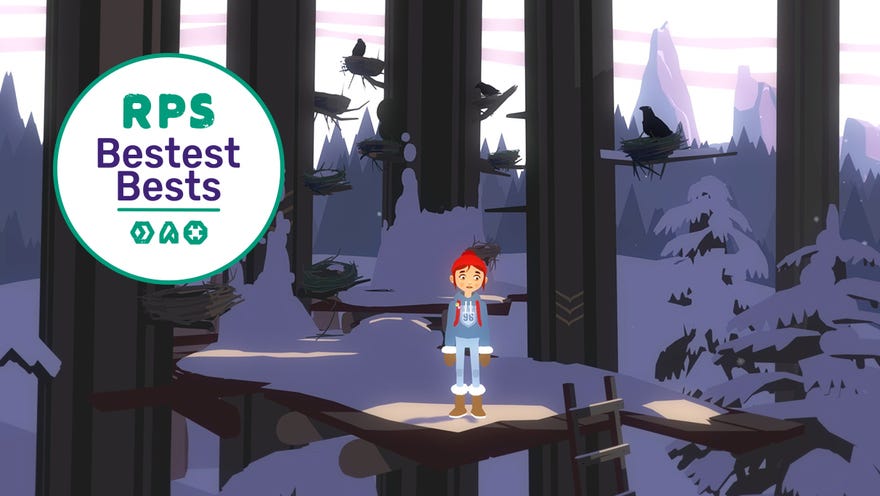

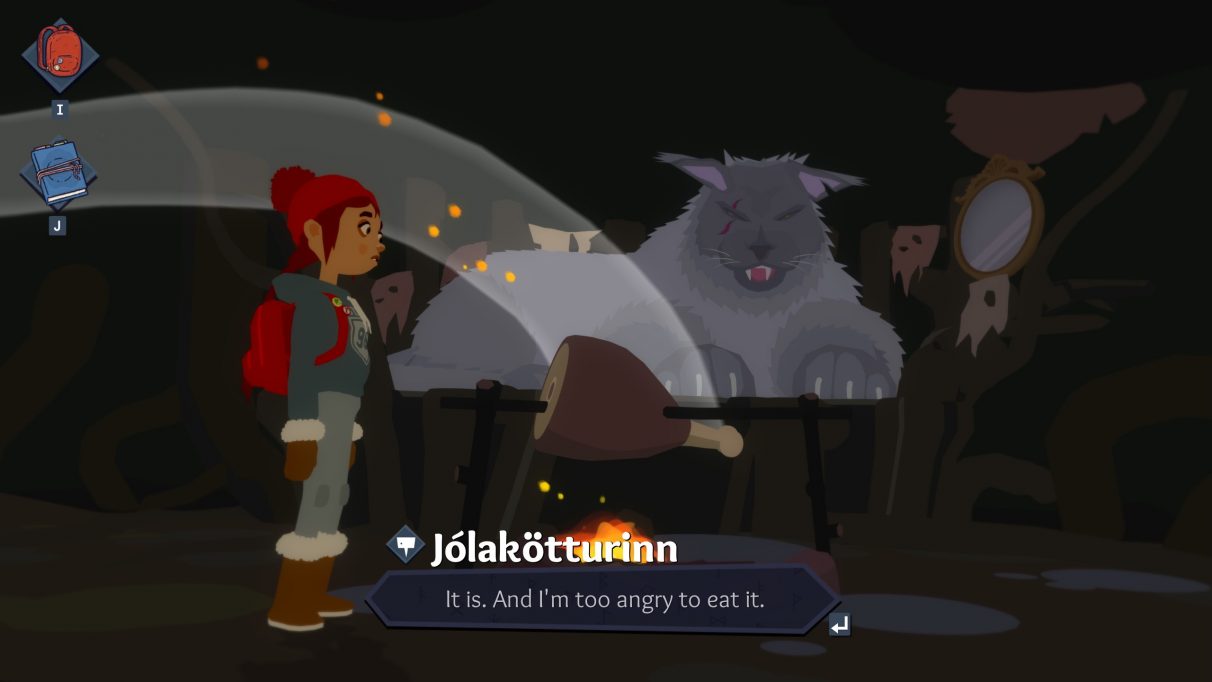

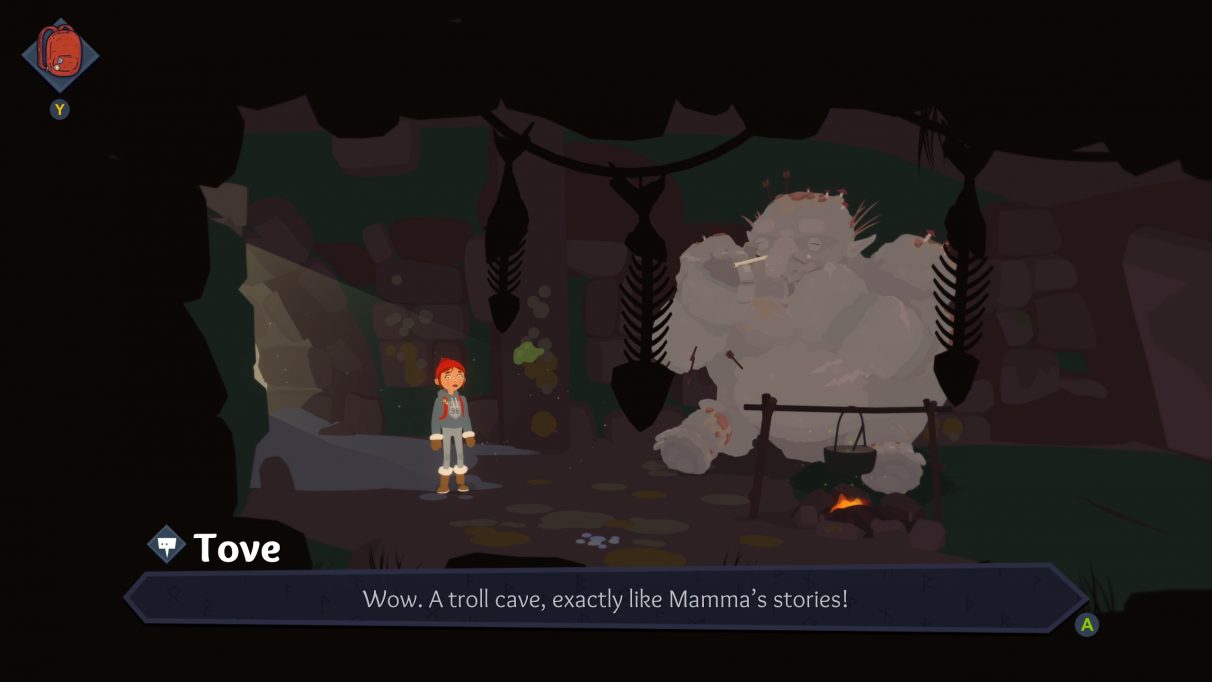

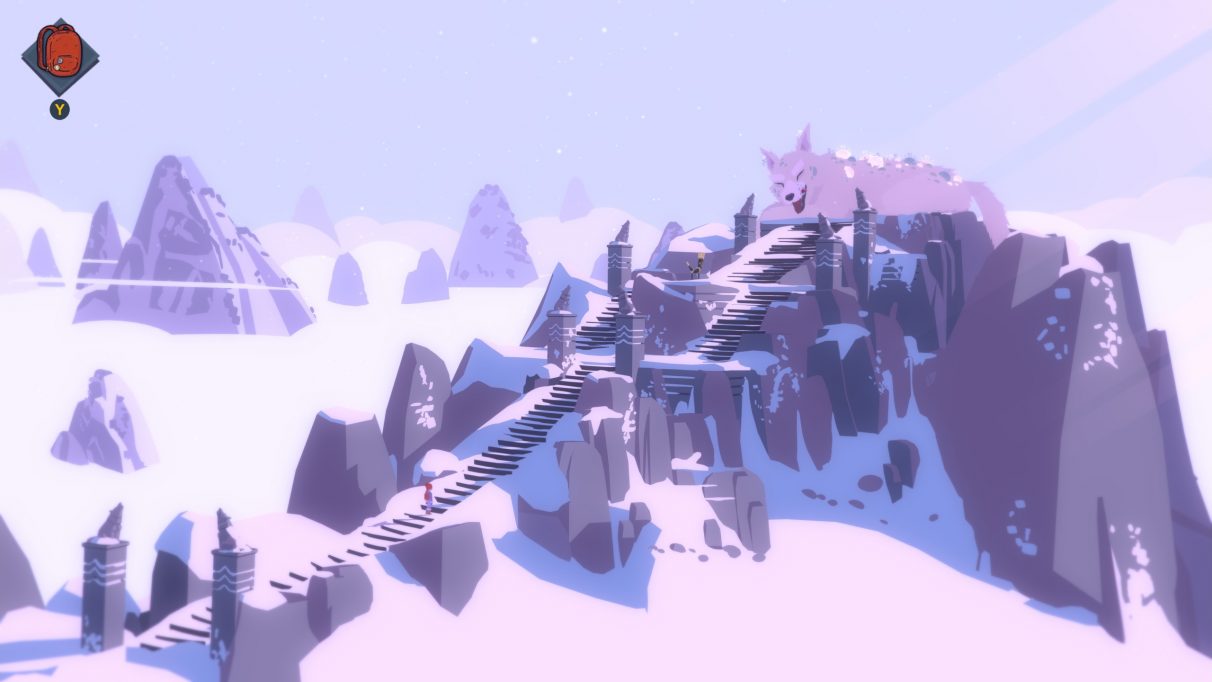







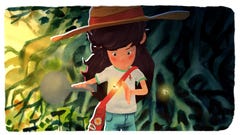
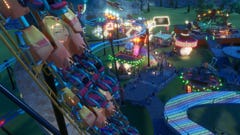
.jpg?width=240&height=135&fit=crop&quality=80&format=jpg&auto=webp)
